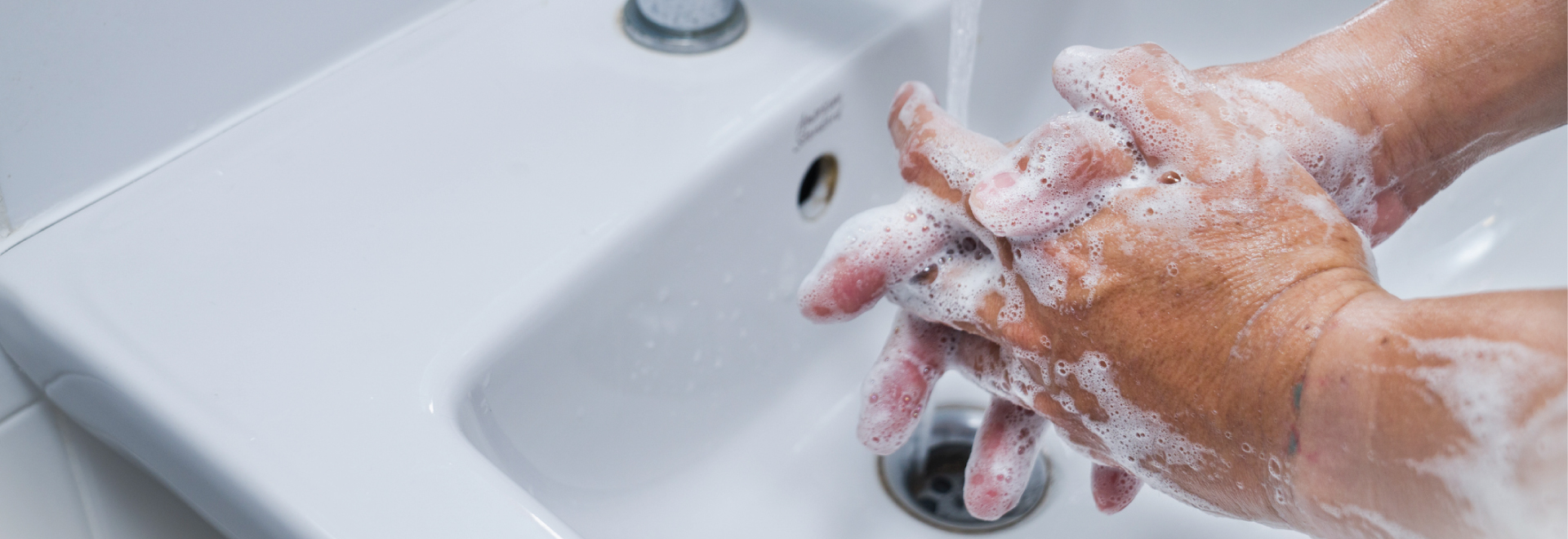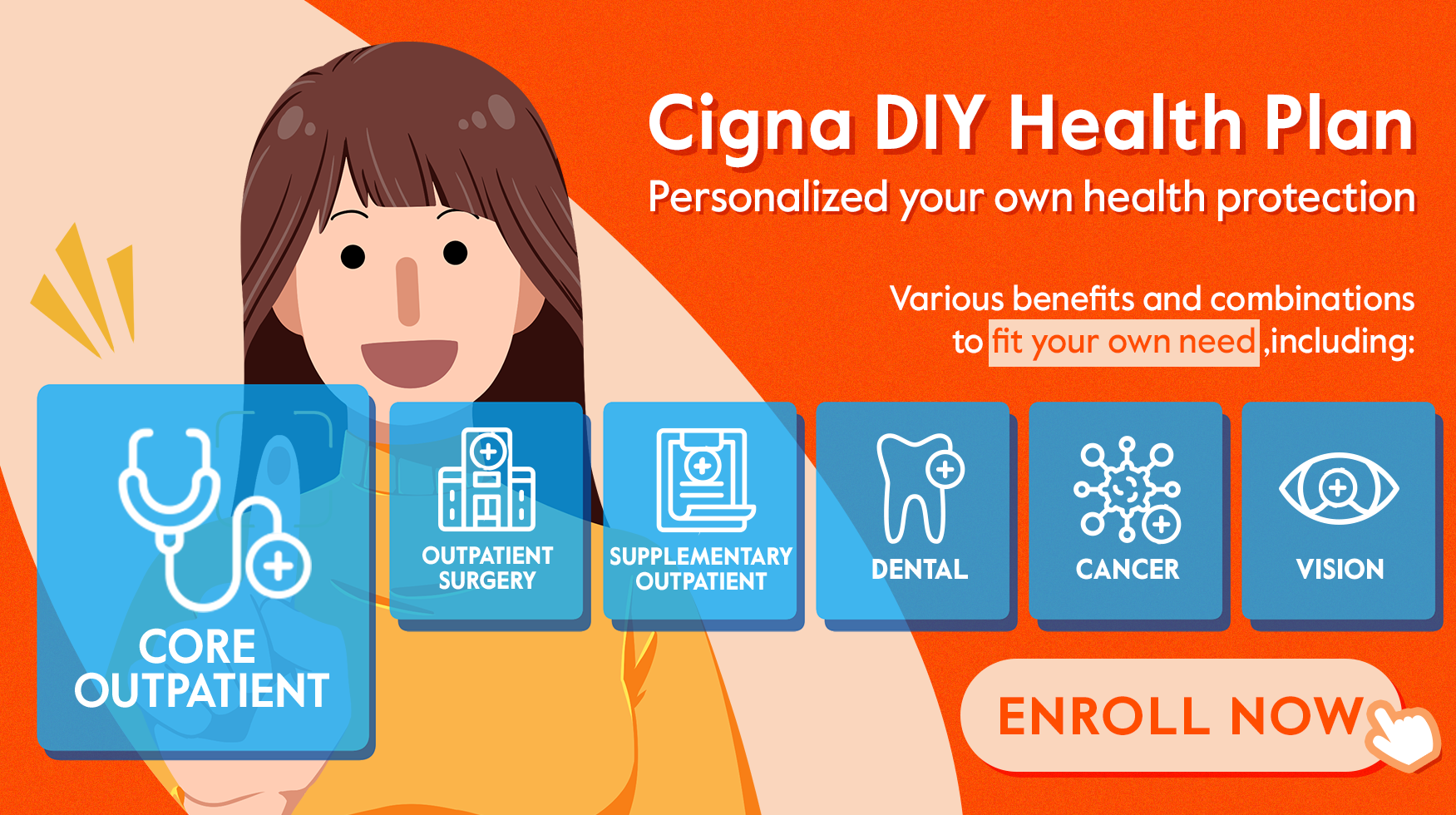Handwashing and sterilizing are now considered some of the best safety measures to prevent COVID-19 infection, but the excessive practice may affect one’s everyday life and family relationships. It may also show signs of obsessive-compulsive disorder (OCD), rather than simply cleanliness. Let’s understand more about the causes and symptoms of this disorder.
Symptoms of OCD
- Feel disgusted or fear over themselves, certain objects or substances, including dirt, illness, body secretions, trash, or chemicals
- Worry about the consequences brought by some small mistakes. Repeatedly check if cooking stoves, electrical appliances, doors, and windows are turned off or closed.
- Have a strong urge to wash your hands or shower frequently, even though your hands peel. Feel anxious if not doing so.
- Take a shower for a long time, causing costly water bills and complaints from family members
- Clean every item excessively
- Frequent thoughts or mental images involving violence, pornography, or offense
OCD is one of the anxiety disorders. Patients may feel stressed in circumstances where they feel out of control or uncertain, leading to the above behaviors and thoughts. From the statistics of the Hospital Authority, 1 in 50 Hongkongers experiences OCD at some point in their own life. So, how do you know if you have OCD or you just like being clean?
Dr. Ho Ho Yin, a specialist in Psychiatry, said that being a ‘neat freak’ is just a general description of one’s personality while not necessarily to have OCD. It may only describe individuals who are perfectionists and like tidiness.
Those with OCD usually have four distinct symptoms. They repeatedly perform compulsive acts so as to tackle the anxiety and stress even though they understand that the behaviors are unreasonable and unnecessary. If you experience the above situations that disrupt your daily life, you may have OCD and need to seek medical advice for early intervention.
- Frequent and uncontrollable thoughts or acts, such as handwashing
- Acknowledge that your thoughts or acts are unreasonable
- Feel discontent and disrupted by your thoughts and acts
- Experience distressing thoughts and mental images that don’t go away.
Causes of OCD
The causes of OCD can be related to childhood trauma and stress at work. If your parent or sibling has OCD, you are more likely to develop the condition. Serotonin imbalance may also lead to this disorder. Individuals who are perfectionists and prone to anxiety also have a high risk of OCD. The incidence is similar in men and women, but the condition tends to appear at an earlier age in males (20 to 30 years old).
Tests of OCD
If you want to know if you or people around you have OCD, you can try the OCD self-test offered by Hong Kong Mood Disorders Center. The test involves questions concerning the characteristics, thoughts, and performance of OCD to give you some initial analysis and suggestions. Questions include:
- Do you wash your hands, clean, and sterilize repeatedly?
- Do you usually touch or place your items in specific order?
- Do you have uncontrollable thoughts?
- Do you have unacceptable and unreasonable acts?
The Center emphasizes that the self-test cannot replace a professional and clinical test. If you are in doubt about OCD, you should reach out to a clinical psychiatrist or related specialist for medical advice.
Treatments of OCD
Some research suggests an impaired function in certain parts of the brain or problems with the transmission of certain brain chemicals, such as serotonin, could contribute to OCD. Medications, including antidepressants (selective serotonin reuptake inhibitors (SSRIs) or antipsychotics), can help the transmission and attain the balance of the chemicals to improve the condition.
Besides, cognitive-behavioral therapy (CBT) is another effective treatment for many people dealing with OCD. In a CBT session, a therapist can help you decrease your anxiety by identifying thought patterns that distort your view of reality and cause stress. The therapist can then help you learn to restructure these thoughts in productive ways and change your behaviors. Generally, most patients are reluctant at the beginning. Therapists will conduct a detailed diagnosis and build trust at first before performing the treatment gradually.
Citing frequent handwashing as an example, your therapist would help you understand the course of such action. The therapist would guide you to identify that handwashing is only an act to assure yourself and avoid anxiety while not protecting your family from illnesses. He/she would explain explicitly the root and consequence of the actions through a series of exercises, i.e. there is no direct link between washing your hands and your family members falling sick.
The public should understand more about OCD to debunk the myths surrounding the disorder. OCD patients are also prone to depression under persistent stress. If you, your friends, and your family suspect it, please reach out to the specialists as soon as possible for early treatments. Cigna DIY Health Plan enables you to freely choose from various protection benefits to customize your plan to your individual needs, including dental coverage, regular oral check-ups, treatment cost, and emergency. Tailor your health coverage now.


